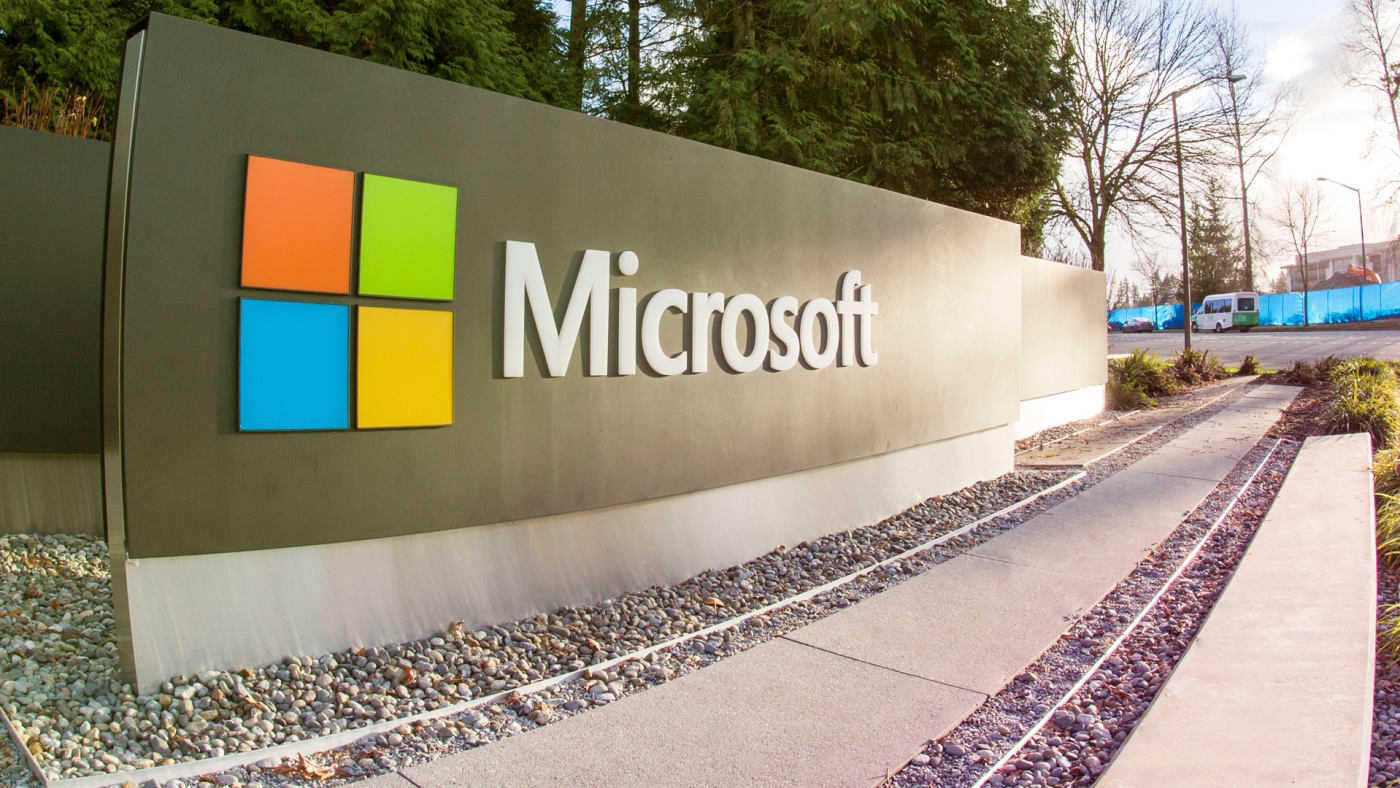From Amazon to Microsoft, tech companies faced yet another ethical reckoning this week
Thursday was a very good day for Amazon–except when it wasn’t. The company posted eye-popping earnings per share of $5.07–more than double what analysts had predicted. But that wasn’t the only unexpected result for the company. Its Rekognition face-scanning software wrongly identified 28 members of Congress–many of them people of color–as individuals who had been arrested for a crime, according to a test by the ACLU. Several incensed members of Congress now want to have a long chat with Amazon about the controversial software, which it sells to law enforcement agencies.
Amazon wasn’t the only company on the wrong end of publicity on Thursday. That afternoon, at a company gathering, Microsoft employees presented CEO Satya Nadella with a petition, signed by over 300,000 people, opposing its continued business relationship with US Immigration and Customs Enforcement. The move was all the more dramatic, coming on the same day that marked the deadline for the Trump administration to reunite over 2,500 immigrant children with their parents.
Just 500 of those signatures came from Microsoft employees, though, according to the New York Times. Most were gathered online by Color of Change, an online-petition organization that, among other things, played a key role in getting Glenn Beck and Bill O’Reilly off Fox News. Color of Change was one of about 10 groups that organized protests at Microsoft offices around the country on Thursday.
#Microsoft & #Amazon employees are calling to drop ICE contracts. Workers are using their power to stop @realDonaldTrump #WeWillNotBeComplicit #techwontbuildit @SeattleDSA #Socialist pic.twitter.com/aPGfaY810W
— Emily (@Informal_Noun) July 26, 2018
Unlike Amazon, whose CEO (and world’s richest human) Jeff Bezos has apparently remained impervious to criticism, Microsoft seems more concerned with its moral image. Nadella has been vocal in calling out the company’s ethical responsibilities, such as in protecting user privacy and developing artificial intelligence applications responsibly.
Like Amazon, Microsoft is thriving when it comes to that most traditional of tech industry ideals–shareholder value. In June, it also posted higher than expected earnings per share (though not as insanely higher as Amazon’s). And with its continued growth as an enterprise tech provider, Microsoft is less and less vulnerable to consumer pressure.
But what about pressure from within? The 500 employees who signed the petition is a tiny sliver of Microsoft’s 124,000-strong workforce. But it takes a lot of moxie to call out the CEO at a big company meeting. Tech workers are organizing and asserting themselves more aggressively, fueled not only by ethical concerns like their companies’ participation with controversial US government programs, but also with traditional worker-rights issues.
While tech activists’ Twitter streams lit up with news of the Microsoft protests, passions in the valley were also stirring about a possible labor dispute. Tech worker activist Bjorn Westergard claimed that the government’s National Labor Relations Board would file a complaint against Lanetix, sparking plenty of retweets. (I reached out to the NLRB, which has yet to return my request for comment.) The San Francisco-based cloud software company fired 14 engineers (including Westergard) in January, shortly after employees announced a unionizing effort.
While still the envy of many American workers, techies are feeling increasing discontent over long hours, sexist culture, and a caste system that separates full-time employees from a growing pool of less-privileged contractors. This year, Google parent company Alphabet hit the curious milestone of having more contract workers than direct employees, according to an in-depth profile of the company’s work environment by Bloomberg. And Amazon workers in Europe walked out to protest grueling work conditions at fulfillment centers ahead of Prime Day.
In an increasingly angry and polarized environment, leading into the high-stakes midterm elections, politics is bursting into all aspects of American life. As some of the richest, most powerful entities on Earth, tech giants are inextricably linked to the great political battles of the day. The pressures, both internal and external, that they face on a variety of issues will almost certainly just get more intense.
Fast Company , Read Full Story
(44)



